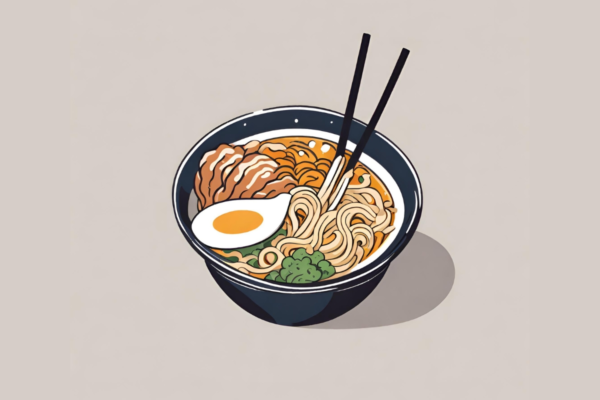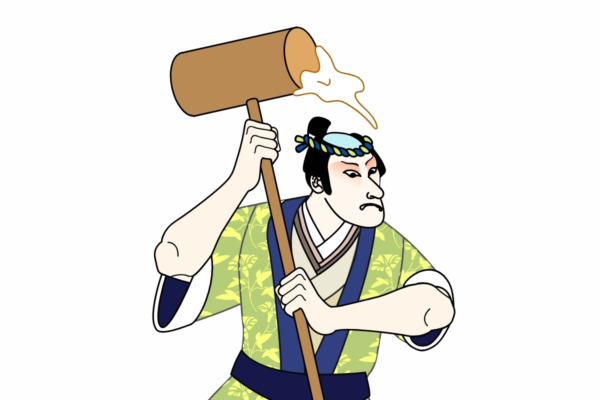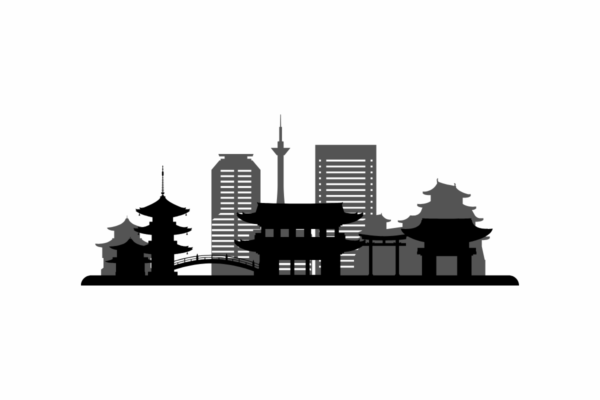Almost nine months after the launch of the #MeToo movement, questions relating to its impact – whether the campaign has gone too far; not far enough and what it’s future holds – can be found circulating throughout social media and wider society.
In an effort to maintain the momentum surrounding the conversations brought to the forefront of mainstream media by the #MeToo movement – issues of gender equality and societies present and historical handling of and attitudes towards sexual harassment and assault – in addition to exploring the impact of the campaign on British and Japanese culture, respectively, The Daiwa Foundation recently hosted ‘New Approaches: #MeToo in Japan and the UK,’ as part of its series focusing on issues of gender. In addition to being honest and inspiring, the event was also successful in proving wrong the opinion that the #MeToo movement has gone too far.

“Ito’s strength is beyond inspiring and she demonstrates incredible bravery in her battle to bring the topic of sexual violence to the attention of the world through her honesty regarding her own story and experience”
First to speak was Shiori Ito, a freelance journalist and documentary film-maker whose ‘Japan’s Secret Shame,’ a documentary focusing on sexual violence in Japan, recently aired on BBC 2.
Ito’s strength is beyond inspiring and she demonstrates incredible bravery in her battle to bring the topic of sexual violence to the attention of the world through her honesty regarding her own story and experience; a choice underpinned by her knowledge that only by speaking out with her own face would there be potential for her to inspire a conversation surrounding the prevalence of sexual violence in Japan. She has suffered the implications of this choice.
Ito was honest in her discussion of the lack of freedom of the press in Japan and the extent to which discussions of gender inequality and sexual violence remain taboo within Japanese culture. She discussed how, in order to make an impact, she felt she had no choice but to speak out about her experience of sexual violence, a choice that resulted in her receiving a horrific amount of backlash and ultimately having to relocate to the UK.
According to Ito, only 4% of women who are victims of sexual violence in Japan go to the police. This is out of fear of not being believed and supported as well as the appalling and, in Ito’s own words, the ‘humiliating’ experience of being forced to re-enact their experiences on a life-sized doll to try to prove their case.
Further unpicking attitudes towards sexual violence prevalent in Japan, Ito discussed the idea that the idea of women being shameful and the lack (linguistically) of an ability to say ‘no’ firmly are other factors that play into the difficulties faced by victims. Ito is campaigning for a move to stand on the side of the victim, while increasing education and understanding of sex, sexual harassment and other issues of gender equality.
Next to speak was Asoka Osaki, a Professor at Kwansei Gakuin University and specialist in gender issues. With experience working for the UN, Osaki now plays an active role in mainstreaming gender in Japan’s development assistance policies and programmes.
Osaki was keen to emphasise the importance of a focus on shifting paradigms and challenging Japan’s corporate and cultural patriarchies – factors she believes greatly contribute to the prevalence of sexual violence in Japan. Male dominated environments, she believes, make it easier to force women into silence. Osaki convincingly argued that #MeToo has provided a platform for individuals, highlighting the relevance of this problem as a global human rights issue that requires collective efforts to be tackled.

In terms of how she sees Japan progressing, Osaki suggested that the following steps are set to be implemented:
- A UN women programme is set to launch in Japan. This is a collective programme that aims to share information and focus on tackling sexual harassment in the workplace.
- The provision of training for Japanese women, especially those in rural areas, empowering and encouraging them to have a voice.
- An increase in sex education.
- A review of laws relating to sex and sexual assault, with a push for the age of consent to be increased from 13.

The evening was concluded by Sophie Walker, leader of the Women’s Equality Party in the UK, who provided context for the origins of the #MeToo movement and set the tone for the evening by stating that ‘the day we don’t have to debate feminist movements is the day that feminism has succeeded.’
Arguing that the #MeToo has so much further to go, Walker asserted that the entrenched nature of a patriarchal society means that collective organisation is required and it is here that women will find strength. She also explained the importance of internet activism as a tool for women on the margins of society. While these women may not be able to involve themselves as much as they might like in person, on account of lack of childcare, funds or other factors, easy access to the internet enables them to involve themselves in an online community.
This article is not intended to bash Japan, but to draw attention to what is a very prevalent international issue that requires consistent discussion and action. By supporting the #MeToo movement, we’re getting closer to achieving gender equality. This said, there is still a long way to go.
If you’d like to get involved, but don’t know how, leader of the Women’s Equality Party, Sophie Walker suggests considering the following.
- Allowing yourself to care.
- Thinking about what you’re good at and what you can offer before setting a clear and manageable plan.
- Finding other people who think like you – this is an important tool to keep each other going.
- Getting involved in the Women’s Equality Party’s activism workshop (7-9 September) which focuses on practical tips for activism
If you’re interested in The Daiwa Foundation’s future events, take a look at their website.



































